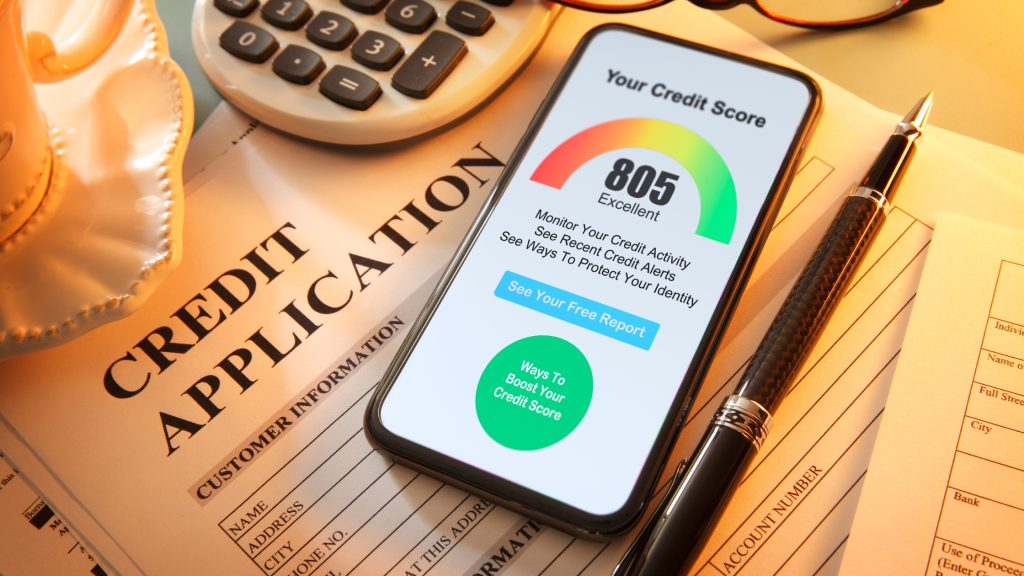A good credit score is often seen as a sign of financial stability, and it enables people to secure loans, credit cards, and even housing or employment in some cases. However, how will you understand that your credit needs to be repaired?
In the USA, a credit score below 580 is generally considered a “poor” or “bad” credit score, which needs to be improved or repaired. Suppose your credit score is low due to errors or past financial mistakes. You need to dispute those mistakes or errors by following the credit repair procedures.
To understand the functions of the credit repair process, you first need to know what credit repair is.
What is Credit Repair?
Credit Repair is a process through which a person can identify and correct errors or mistakes on their credit report and improve their credit score. During this process, the person can negotiate with creditors to remove negative items from their report. Some people complete this process themselves, and some seek the help of Professionals.

How Does Credit Repair Work?
Here are the steps that are followed in the credit repair process
1. Accessing Your Credit Report:
First, you need to know the condition of your credit report. You can get a copy from the three major bureaus;
Moreover, you can get a free copy once a year from AnnualCreditReport.com.
2. Identifying Negative Items:
Various negative items and errors may exist, including incorrect personal information, duplicate accounts, late payment errors, incorrect debt amounts, and account theft. Please identify your specific problems correctly.
3. Dispute Errors:
The most essential task is disputing the errors after identifying them. You can dispute those errors from the credit bureau through:
- Online dispute portals (Experian Dispute, Equifax Dispute, TransUnion Dispute)
- Mailing a dispute letter (Include a copy of your credit report with highlighted errors and supporting documents)
- Calling the credit bureau’s customer service
[Note: According to the law, the Bureau will investigate your claim within 30 days and correct errors if your claim is valid.]
4. Negotiating with the Creditors:
If you have negative marks on your credit report like late payment, collections or charge off, you can negotiate with the creditors for:
- A goodwill adjustment through which some creditors may remove a late payment from your report for any goodwill gestures, especially if you have a history of on-time payments.
- Settling debts by a partial or complete payment, and instead of that, asking to delete the negative marks. This is called “pay-for-delete.”
- Planning and arranging a better-structured payment schedule. It may prevent further adverse reporting.
5. Building Better Credit Habits:
It is not just about removing negative items; it also involves improving your financial habits to boost your score over time. Strategies include:
- Paying bills on time
- Keeping credit usage less than 30% of the credit limit
- Avoid applying for too many credit cards or loans in a short period
- Keeping older credit accounts open
6. Working with a Credit Repair Company:
Some prefer hiring professional credit repair companies to handle disputes and negotiations. These companies analyse your credit report, identify errors, and work on your behalf to improve your score.
[Warning Note: There are so many fraudulent companies that are involved in credit repair scams. They make fake promises on guaranteed results, they demand upfront payments, or claim that they can remove legitimate negative items. The Credit Repair Organisations Act (CROA) protects consumers from fraudulent credit repair practices.]

How Long Does Credit Repair Take?
The timeline for credit repair varies based on individual cases. Here’s a general timeframe:
- Disputing Errors: 30–45 days
- Negotiating Debt Settlements: 1–6 months
- Building Positive Credit Habits: Continuous process (3–12 months for noticeable improvements)
The Credit Repair process is essential for individuals with significant credit report errors. As it is directly connected with your financial stability, buying homes, and taking loans, you need to be very aware while going through this process. Whether you want to hire professionals or do it yourself, you must stay updated about your progress. Also, you need to build good habits regarding your credit maintenance.

